10 Things You Need to Know Before Becoming an Aircraft Mechanic
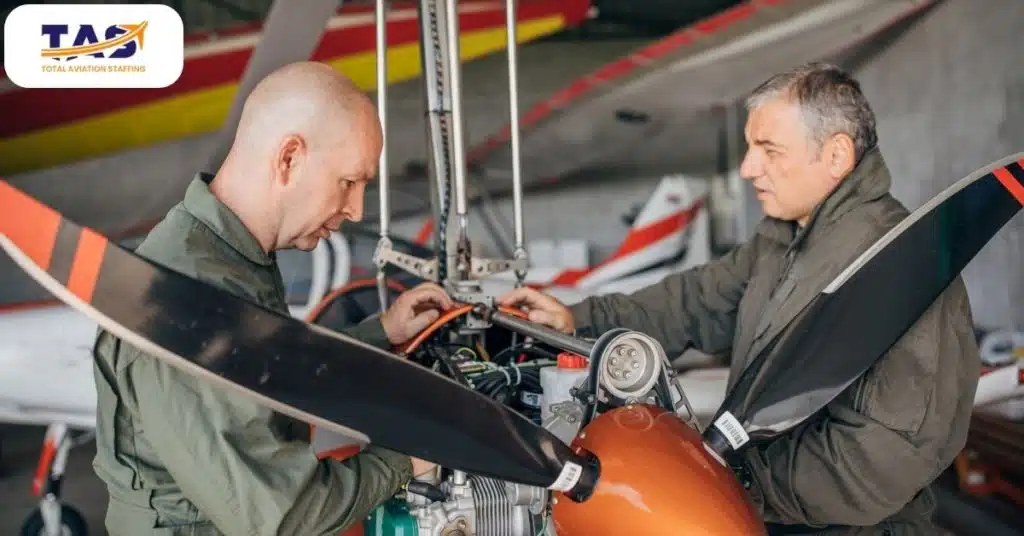
Are you considering becoming an aircraft mechanic? If so, there’s no doubt that the role comes with a lot of responsibility. As a certified aircraft mechanic, your job is to maintain and repair airplanes in order to ensure they’re safe for passengers and crew. Before embarking on this career path, however, it’s important to understand exactly what’s involved. In this blog, we’ll cover 10 key things you need to know before becoming an aircraft mechanic. Read on to get the inside scoop on this rewarding career path.
1. Aircraft Mechanics Are Responsible for the Maintenance and Repair of Aircrafts
Becoming an aircraft mechanic requires a high level of knowledge about aviation and aviation safety. This role consists of maintaining and repairing the systems and components of aircrafts, from the fuselage and wings to the engine, hydraulics, and fuel system.
In order to become a certified aircraft mechanic, extensive training and education must be completed in aviation terminology, aviation maintenance practices, aviation safety measures, basic electrical functions and principles, aerospace materials and hardware, as well as all engine systems and propellers.
Additionally, working as an aircraft mechanic requires great attention to detail in order to satisfy both customers’ expectations as well as aviation safety regulations set by the Federal Aviation Administration (FAA).
Being an aircraft mechanic is rewarding for those passionate about aviation. With enough dedication and hard work, you can be part of what drives aeronautical advancements!
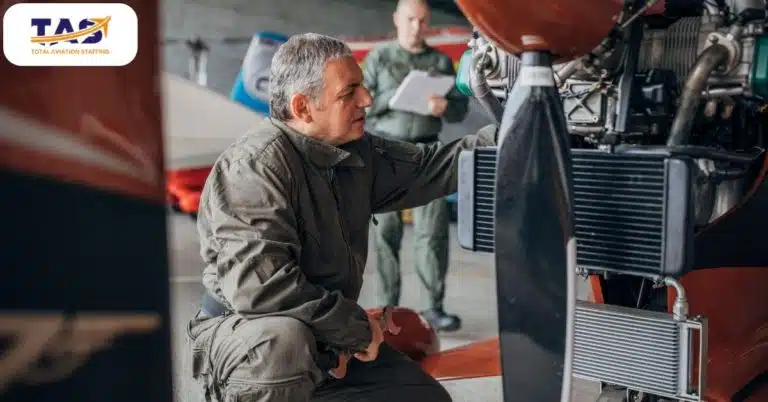
2. They Must Be Knowledgeable in Aviation Systems
Aircraft mechanics require a deep understanding of aviation systems, specifically in hydraulics, pneumatics and electrical. This knowledge is integral for the safety of passengers, as aircraft mechanics must interpret service manuals accurately to correctly diagnose mechanical breakdowns and make repairs.
They need an intimate understanding of aviation systems, focusing on such components as powered lift systems, propellers, navigation and communication. A typical day could involve troubleshooting component malfunctions with aviation test equipment such as multi-meters; replacing engine parts; running aviation computer diagnostics; and responding to emergency calls as needed.
Thus exceptional aviation technical knowledge is essential for the job and must be acquired before attempting to become an aircraft mechanic.
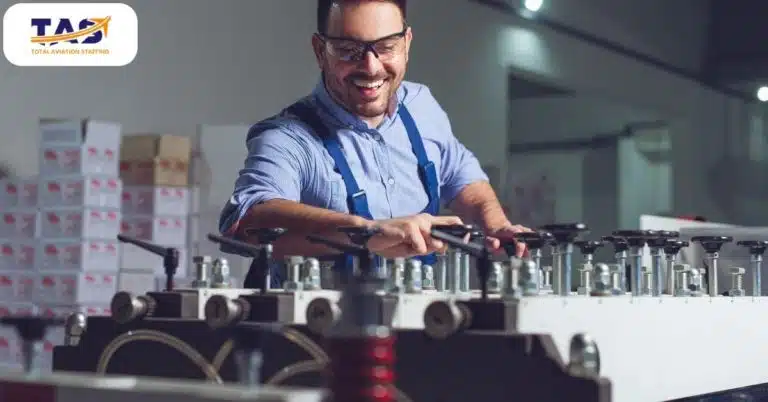
3. Aircraft Mechanics Must Be Able to Read Blueprints and Schematics
As an aircraft mechanic, the ability to interpret blueprints and schematics is essential in order to effectively diagnose and repair malfunctions. Schematics are detailed drawings that outline the design of an aircraft’s systems and components, while blueprints provide further visual guidance related to each part of the system.
In order to properly repair any mechanical issue, it is important to understand the blueprints and schematics in order to properly assess the exact source of the malfunction.
Therefore, aircraft mechanics must have a thorough understanding of how each part works and interacts with other components in order to make sure that the repairs are accurate and safe.
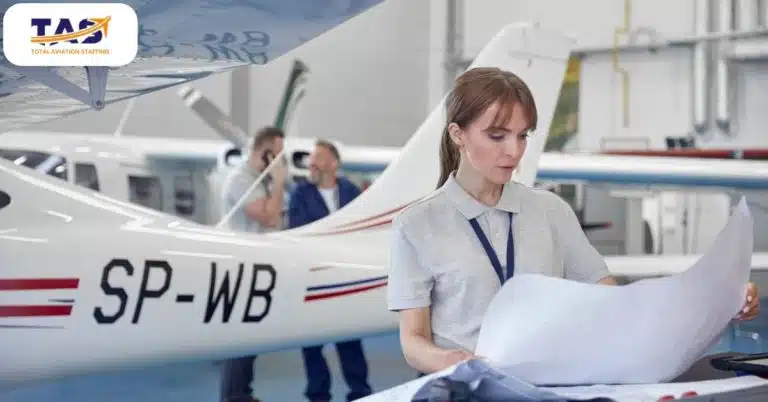
4. They Must Be Able to Use Hand Tools and Power Tools Safely
Being an aircraft mechanic requires the use of various hand and power tools. These tools are used to disassemble, assemble, inspect, and repair aircraft systems. Using the correct tool is essential for making precise adjustments and repairs safely. Therefore, it is important to be familiar with a wide range of tools in order to effectively diagnose and make repairs.
Additionally, aircraft mechanics must understand the proper use of each tool to ensure that no damage is done to the aircraft or its systems during repairs. To do this, they must assure that all tools are kept in good condition and stored safely.
Finally, having a basic understanding of safety measures when working with hand and power tools is also important. These include wearing protective eyewear and gloves, as well as being aware of any potential hazards in the work environment.
By following these guidelines, aircraft mechanics can ensure that all repairs are done correctly and safely.
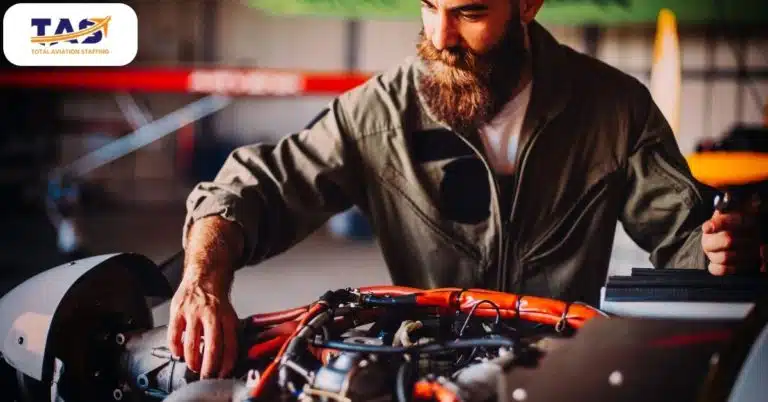
5. They May Need to Work Overtime or on Weekends, as Aircrafts Often Require Maintenance Outside of Normal Business Hours
Those thinking of entering the aviation industry as an aircraft mechanic must be aware that they may be required to work extended hours in order to address the maintenance needs of airborne vehicles. The aviation industry operates around the clock, necessitating aircraft mechanics to often work outside traditional business hours including on evenings and weekends.
This demands a willingness to adjust their schedule depending on airline requirements and may also involve a great deal of travel if service is needed away from home.
Therefore, before taking up this profession, one should ensure they are comfortable with the possibility of being available beyond normal working hours.
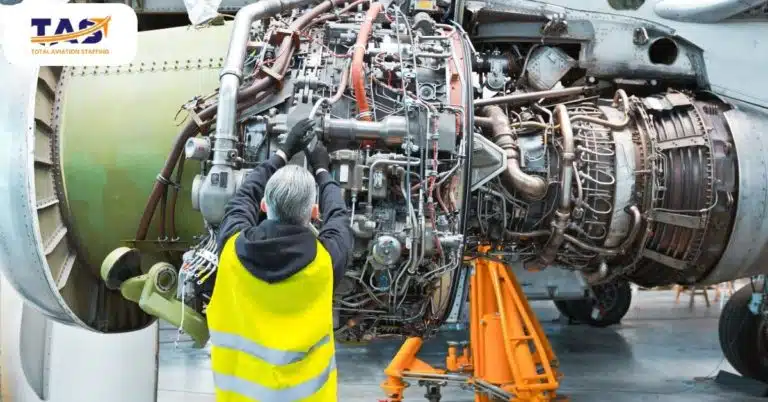
6. Aircraft Mechanics Must Have a High School Diploma or Equivalent, and May Need an Associate’s Degree or Certification From an Accredited Aviation School
In order to become an aircraft mechanic, a high school diploma or equivalent is required. Additional qualifications such as an associate’s degree from an accredited aviation school, or certification from either the Federal Aviation Administration (FAA) or National Center for Aircraft Technician Training (NCATT) are all beneficial for those considering entering this profession.
Having these qualifications will prove one’s commitment to the industry and can improve their chances of obtaining employment as an aircraft mechanic. Additionally, it is also important to have a valid driver’s license as it may be required in certain situations.
Therefore, having the right qualifications, certifications and licenses are essential for those considering a career as an aircraft mechanic.
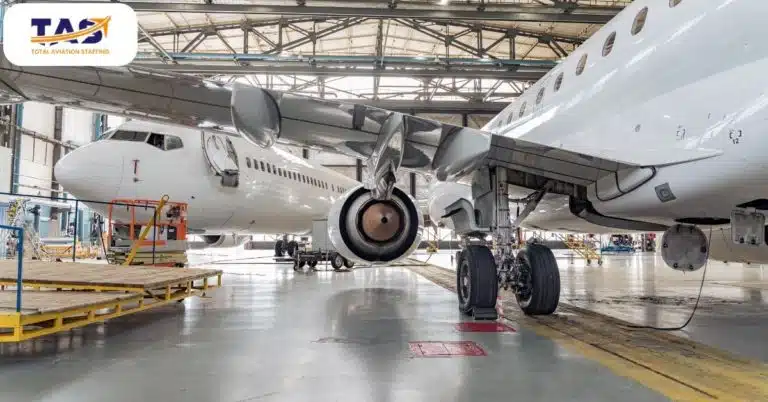
7. They Must Pass a FAA Physical Exam Every Two Years
To be able to work in the aviation industry, aircraft mechanics must pass a physical examination every two years. This exam is conducted by the Federal Aviation Administration (FAA) and covers hearing, vision, respiratory, cardiovascular and neurological tests. The purpose of this exam is to ensure that all personnel working on aircrafts are fit enough to perform the necessary duties.
Additionally, it is important to remember that working as an aircraft mechanic can involve hazardous materials and conditions, so having a valid physical examination is essential for this role.
Therefore, those considering entering this profession should ensure they are physically fit enough to pass all FAA tests.
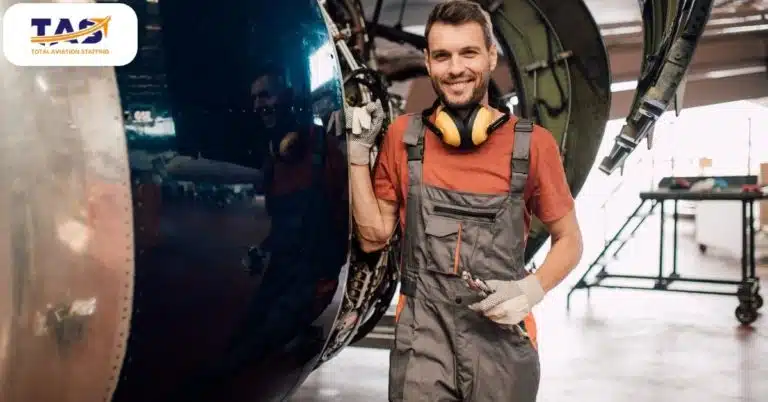
8. Aircraft Mechanics Typically Earn Between $34,000 and $67,000 per Year
Those employed as aircraft mechanics typically earn between $34,000 and $67,000 per year. The salary range depends on the level of experience and qualifications, as well as the region they are employed in.
Moreover, additional benefits such as health insurance, pension plans and paid vacation days may also be included depending on the employer.
Therefore, those considering a career in aviation should be aware of the potential salary they can earn and should ensure that their qualifications and experience are up to a high standard in order to maximize earning potential.
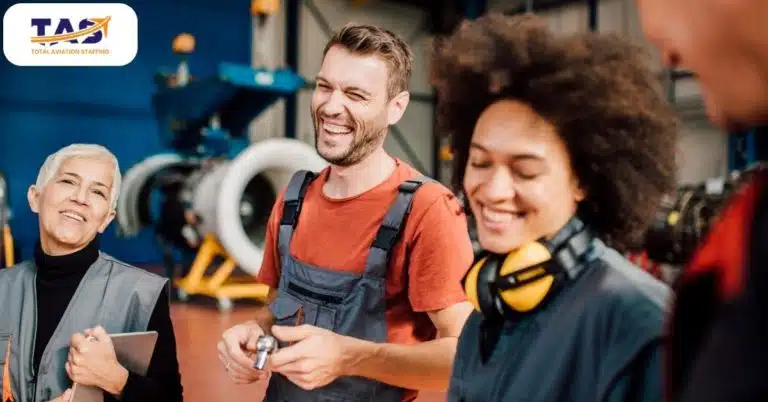
9. They Can Find Employment With Airlines, Aircraft Manufacturers or Government Agencies
The aviation industry is a competitive one and employment opportunities are not guaranteed. However, aircraft mechanics can find work with airlines, aircraft manufacturers or government agencies.
These employers will often require different qualifications and levels of experience, so it is important to research the specific requirements before applying for any positions. Additionally, many employers prefer those who have an up-to-date FAA certification.
Therefore, those considering a career in aircraft mechanics should ensure they have the right qualifications and certifications to improve their chances of finding employment.
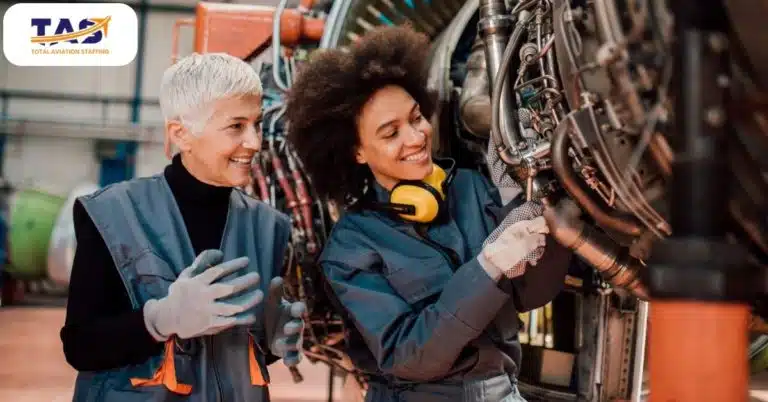
10. Continuing Education and Training Are Required for Aircraft Mechanics to Stay Up-To-Date on the Latest Technology in Aviation
The aviation industry is constantly changing and evolving, so aircraft mechanics need to stay up-to-date on the latest technology in order to remain employed.
Fortunately, continuing education opportunities exist for those interested in the profession which can help them stay ahead of the curve. Additionally, many employers provide their employees with additional training opportunities such as seminars, workshops and online courses.
Therefore, aircraft mechanics should be willing to take advantage of any development opportunities that are available in order to stay informed about the latest industry advancements. This will help them remain competitive and give them an edge over other candidates when applying for positions within the aviation industry.
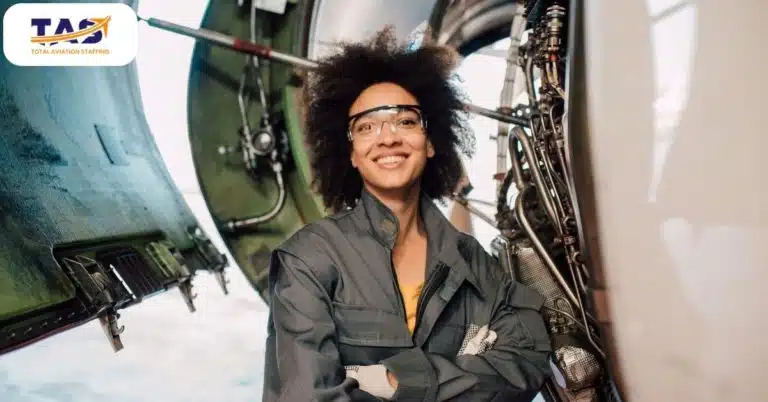
In conclusion
Aircraft mechanics play an important role in the aviation industry by ensuring that all aircrafts are in safe working condition. Those considering a career in this profession should ensure they have the right qualifications, certifications and licenses to increase their chances of finding employment.
Additionally, it is important to stay up-to-date on the latest technology and industry advancements in order to remain competitive and successful. With the right qualifications and training, aircraft mechanics can find a rewarding career in the aviation industry.
